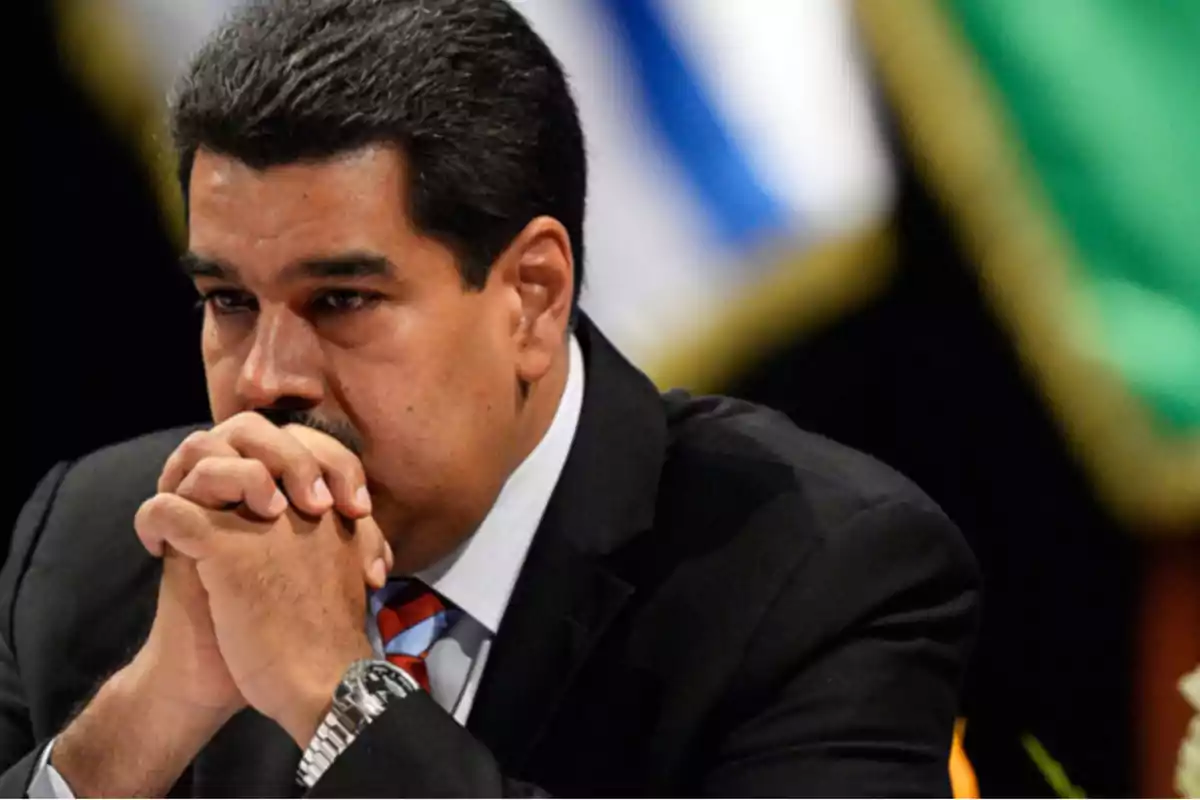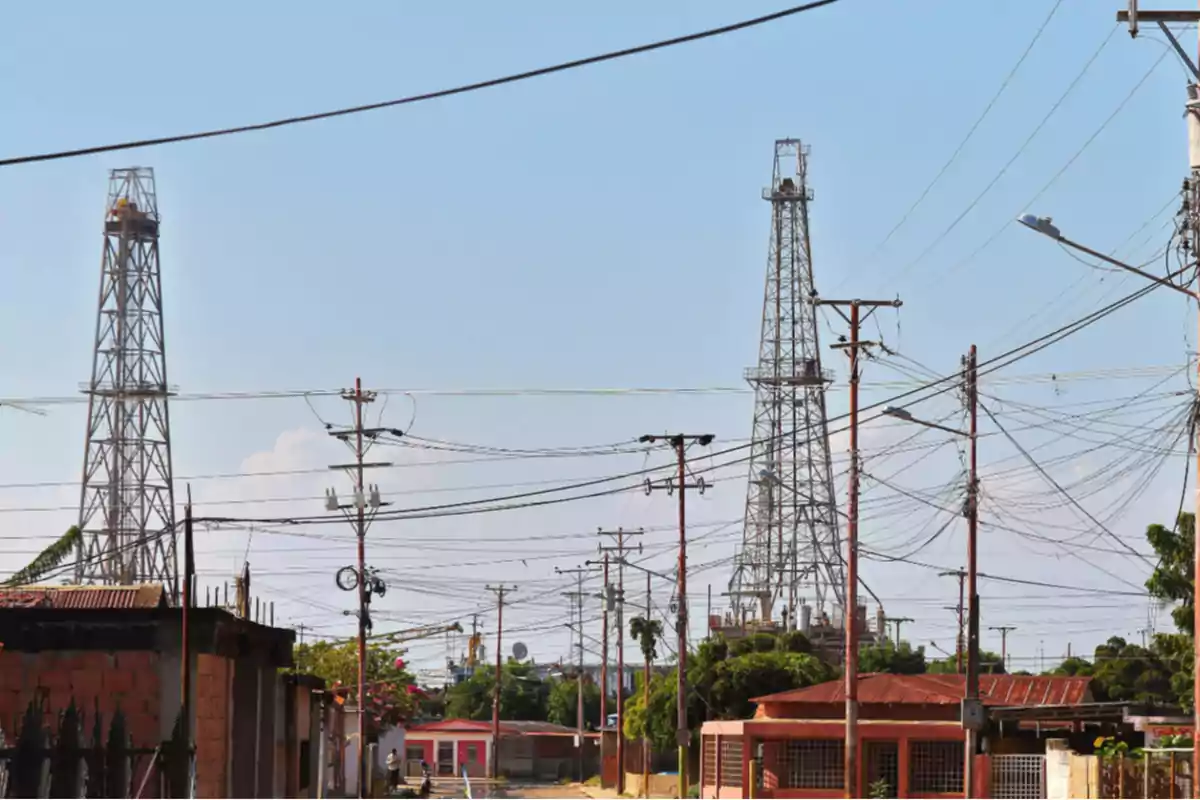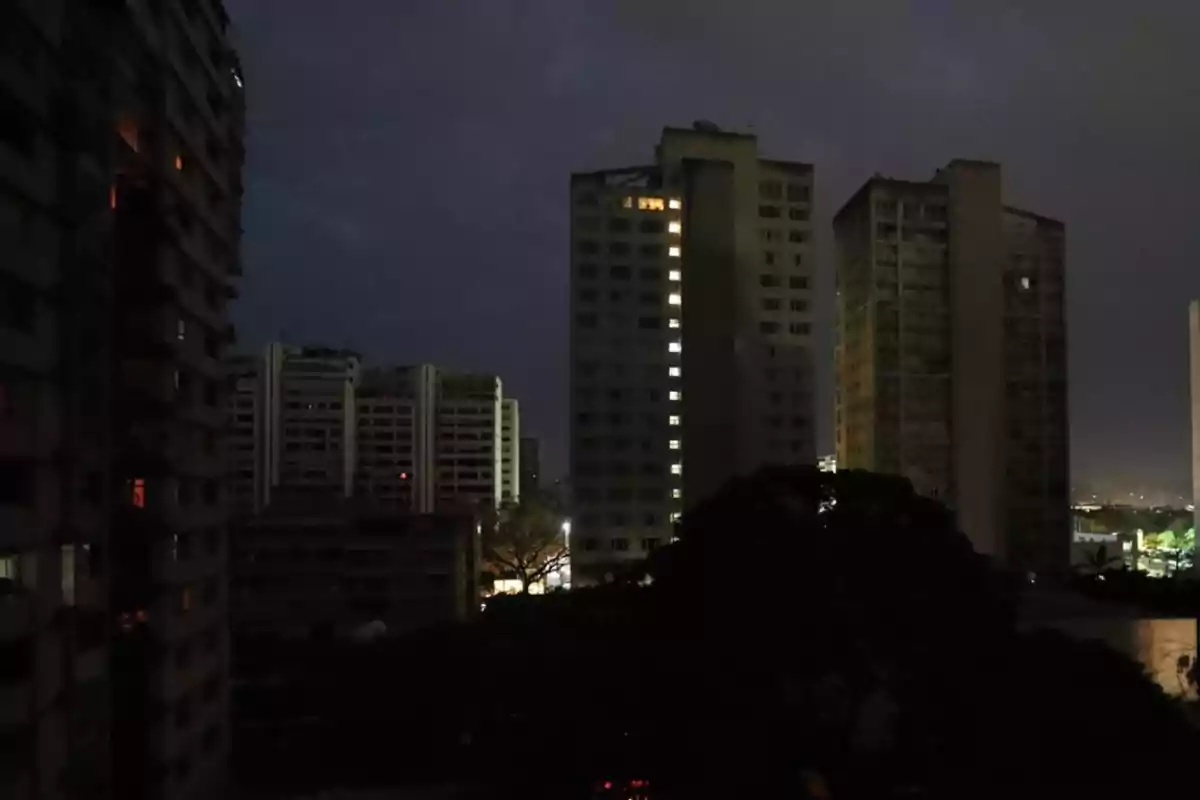
Venezuela reduces the workweek to three days due to the economic crisis
Now public employees will work only on Monday, Wednesday, and Friday, from 8:00 to 12:30
The dictatorship of Nicolás Maduro implemented a drastic reduction of the workweek in the public administration, limiting it to three days a week and only 4.5 hours daily.
The measure, in effect since this Monday and for at least six weeks, aims to mitigate the energy crisis that Venezuela is experiencing due to the severe drought affecting the electricity-generating reservoirs.
A cut that only affects the public sector
The new provision doesn't include the educational sector, which is already weakened by the exodus of teachers. According to union estimates, 70% of teachers have left the classrooms in recent years due to salaries around 40 dollars a month. This crisis had already caused many educational establishments to operate with intermittent classes three times a week.
Meanwhile, public employees will work only on Monday, Wednesday, and Friday, from 8:00 to 12:30, with the possibility of extending the measure if the water crisis doesn't improve.

Causes of the energy collapse in Venezuela
The Venezuelan electrical system, which has suffered from years of lack of investment and maintenance, is operating at 80% less than its capacity, according to the NGO Provea.
- Failures in hydroelectric and thermoelectric plants due to the drought.
- Lack of modernization despite announced million-dollar investments.
- Energy transmission at the limit, forcing rationing to avoid massive blackouts.
This scenario is reminiscent of the energy crisis a decade ago and the Covid-19 pandemic restrictions (2020-2022).
Economic impact of the measure
Economist José Guerra warned La Nación that the reduction of the workweek will deepen the recession in Venezuela. After a slight rebound in 2023, he foresees that in the current period, economic activity will suffer a severe decline, worsened by new international sanctions.

The blow of the oil embargo
The energy crisis is compounded by the recent decision of the United States to impose a 25% tariff on countries trading oil or derivatives with Venezuela.
This measure, taken by the Donald Trump administration, has been described by economist Carlos Rossi as the strongest embargo against Venezuela since 1902, when European powers blockaded the country's ports over unpaid debts.
This sanction directly affects the main source of foreign currency for Maduro's dictatorial regime, which is already facing high inflation, a drop in consumption, and an unprecedented migratory exodus.
More posts: